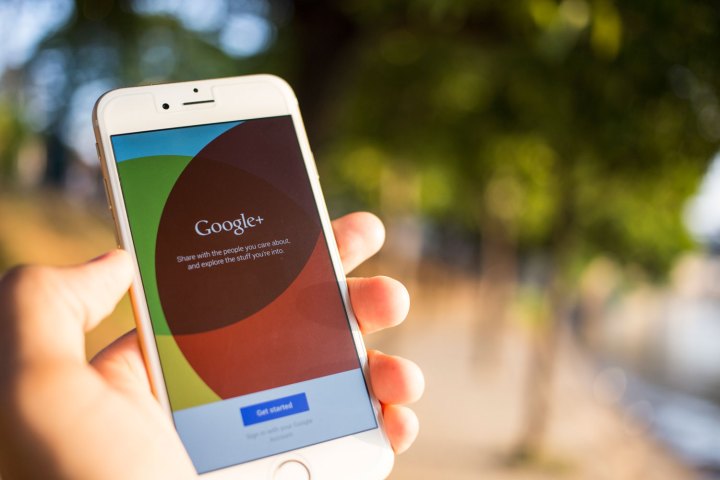
Much in the same way that scientists have used Twitter to track earthquakes in real time, or have taken to Yelp in order to find food-borne illness outbreaks, UIC is now taking advantage of the treasure trove of data found in Google’s search engine. The new partnership between the tech company and the university has the ability to “revolutionize STD surveillance,” UIC epidemiology professor and researcher Supriya Mehta told Kaiser Health News predicting disease trends could be a real game changer.
In essence, researchers will be given the opportunity to examine specific search terms that became especially popular during a previous disease spike. So if a large number of people suddenly start Googling “painful urination” or other issues symptomatic of gonorrhea, doctors and scientists will have a sense of where and how the disease will next appear. By measuring the frequency of those searches in real time, scientists can also then predict the number of emerging cases. When these trends are analyzed by city and state, and taken in conjunction with other available data, researchers hope that Google’s information could help them get ahead of the game.
The U.S. Centers for Disease Control and Prevention (CDC) has also been granted access to Google’s database for the same purpose, with the ultimate goal of improving public health and protecting the general well-being of the American populace. “We’re hoping for a bit of creativity to flourish around this,” said Christian Stefansen, Google disease trends senior engineer, and added, “There’s no shortage of communicable diseases, sadly.”
This isn’t the first time that Google has opened up its data warehouse with hopes of tracking disease. Back in 2008, the company launched Flu Trends, which was subsequently shut down earlier in 2015 amidst cries of declining accuracy. But hopefully, with this new look into STDs, Google and its academic and government partners may be able to find a better method of predicting how these diseases spread, and stop them before they start.
Editors' Recommendations
- Watch out: Google Drive may have lost months of data
- This new Google Chrome feature may boost your search history
- Google’s long rumored Pixel Watch may finally be coming next year
- Google now wants you to scroll forever on its Search for mobile
- Google Lens is getting Chrome integration to help you find out-of-stock products


